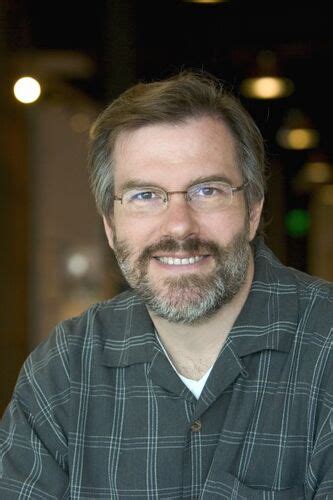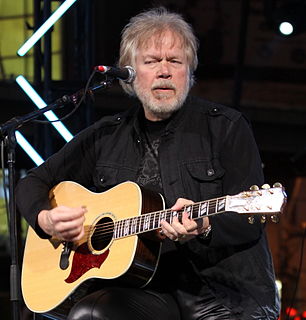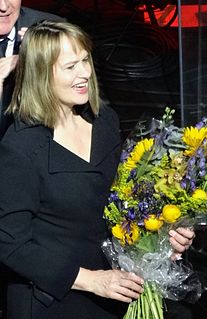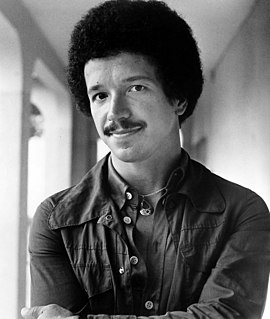A Quote by Julian Treasure
Sound changes moods, yet most of the sound around us is unplanned.
Related Quotes
When we sit in meditation and hear a sound, we think, 'Oh, that sound's bothering me.' If we see it like this, we suffer. But if we investigate a little deeper, we see that the sound is simply sound. If we understand like this, then there's nothing more to it. We leave it be. The sound is just sound, why should you go and grab it? You see that actually it was you who went out and disturbed the sound.
We needed to make a sound that's not gonna fit in with everything else - we wanted to make something that was completely unique and individual to us. We spent a lot of time trying to make a sound that was a One Direction sound. At first it was quite hard to do that, but I'm really happy with the sound.
Artists are creating their own genre sound, and other artists are building upon that sound and already creating a huge subculture created around one particular sound created by one artist. So, with all that happening, the genres are going to break down, and there's going to be a multitude of sound coming out.
I'm very interested in vertical space.I want the players to listen to their sound in such a way that they hear the complete sound they make before they make another one. So that means that they hear the tail of the sound. Because of the reverberation, there's always more to the sound than just the sound.
We never look deeply into the quality of a tree; we never really touch it, feel its solidity, its rough bark, and hear the sound that is part of the tree. Not the sound of wind through the leaves, not the breeze of a morning that flutters the leaves, but its own sound, the sound of the trunk and the silent sound of the roots.
































